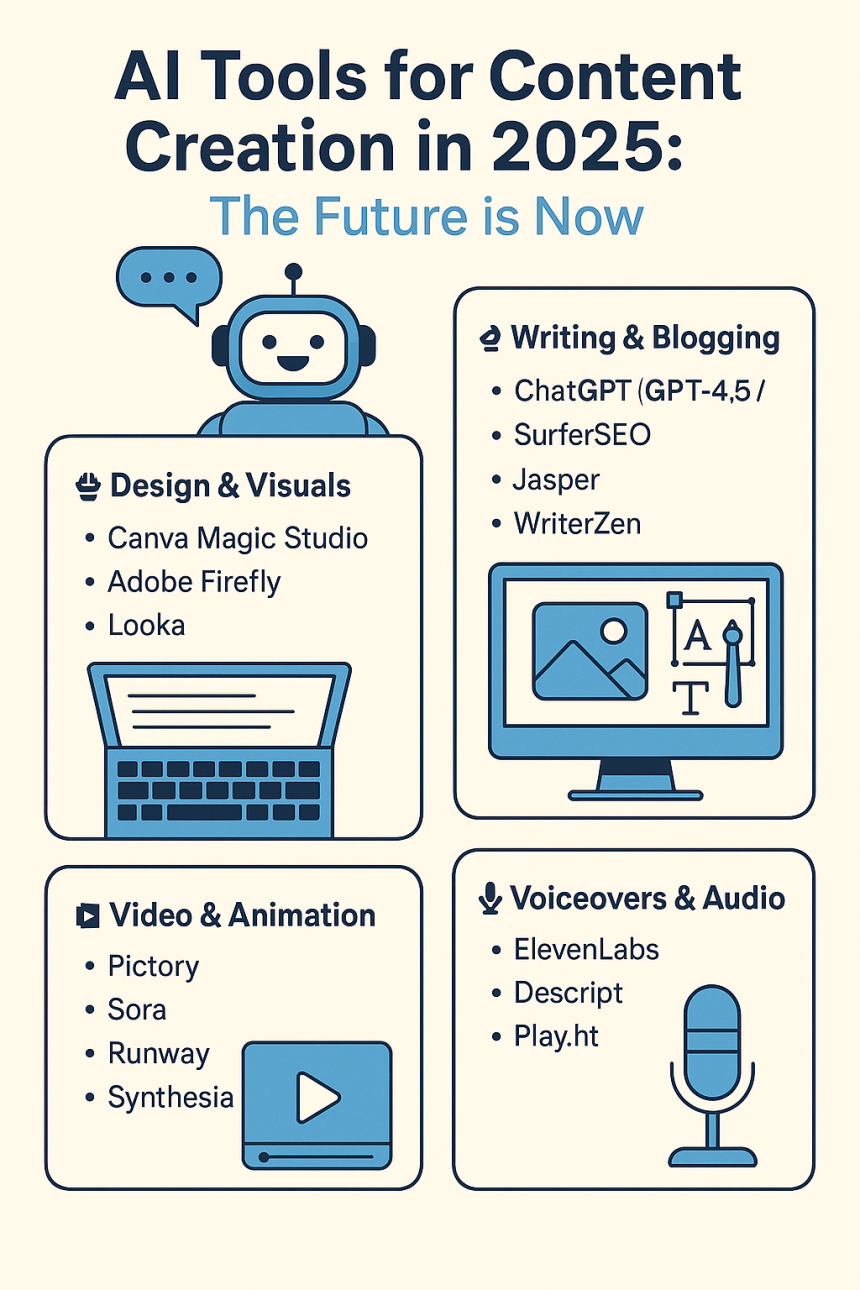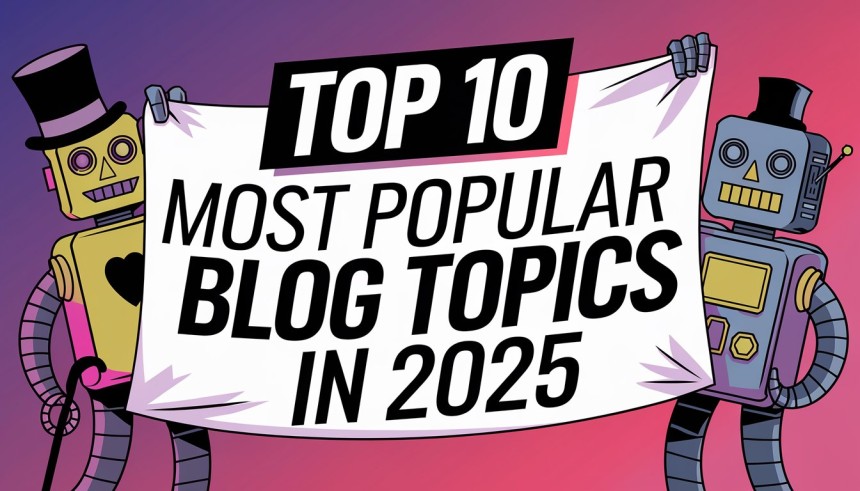
The Biggest Money Mistakes to Avoid in Your 20s and 30s
Money management is one of the most crucial skills to master in early adulthood. The financial choices you make in your 20s and 30s can set the tone for your financial stability in later years. Unfortunately, many young adults fall into common money traps that can lead to long-term financial stress. Here are some of the biggest money mistakes to avoid during these crucial decades.
1. Living Beyond Your MeansOne of the most common financial pitfalls is spending more than you earn. It’s easy to fall into the trap of upgrading your lifestyle as soon as you start earning. However, this can lead to unnecessary debt and financial instability. Avoid lifestyle inflation by creating and sticking to a budget, tracking expenses, and prioritizing needs over wants.
2. Not Having an Emergency FundUnexpected expenses—medical emergencies, car repairs, job loss—are inevitable. Without an emergency fund, you may end up relying on credit cards or loans, which can lead to high-interest debt. Experts recommend saving at least three to six months’ worth of living expenses in an easily accessible account.
3. Relying on Credit Cards Without a Repayment PlanCredit cards can be useful financial tools when used responsibly, but they can also lead to a cycle of debt if mismanaged. Many young adults accumulate credit card debt without a plan to pay it off, resulting in high interest rates and financial strain. Always pay off your balance in full each month to avoid accumulating unnecessary debt.
4. Ignoring Retirement SavingsRetirement may seem far away, but the earlier you start saving, the better. Thanks to compound interest, even small contributions to a retirement account in your 20s and 30s can grow significantly over time. If your employer offers a 401(k) match, take full advantage of it, and consider opening an IRA or other retirement savings account.
5. Not InvestingMany young adults shy away from investing due to fear or lack of knowledge. However, keeping all your savings in a bank account won’t help your money grow at a rate that beats inflation. Investing in stocks, mutual funds, or real estate can help build long-term wealth. Start small, educate yourself, and take advantage of employer-sponsored investment options.
6. Overlooking Insurance NeedsMany people in their 20s and 30s skip important insurance policies, thinking they don’t need them. Health insurance, disability insurance, and life insurance are crucial to protect yourself and your loved ones from financial hardship. Not having the right insurance can result in devastating financial consequences in case of an emergency.
7. Taking on Too Much Student Loan DebtEducation is an investment, but taking on excessive student loan debt without considering future earning potential can be detrimental. Before taking out student loans, research your chosen career path’s average salary and look for alternative funding options like scholarships, grants, and part-time work.
8. Not Negotiating Salary and BenefitsMany young professionals accept the first salary offer they receive without negotiating. Over time, this can lead to lost earnings. Research salary benchmarks for your industry, practice negotiation skills, and confidently ask for fair compensation. Also, consider other benefits like bonuses, stock options, and healthcare coverage.
9. Failing to Track Spending and BudgetNot knowing where your money goes each month can lead to financial instability. Without a clear budget, it’s easy to overspend and fall into debt. Use budgeting tools or apps to track expenses, categorize spending, and ensure you are living within your means.
10. Not Setting Financial GoalsWithout clear financial goals, it’s easy to spend impulsively without thinking about the long term. Whether it’s saving for a home, starting a business, or achieving early retirement, setting short-term and long-term financial goals can help guide your spending and saving decisions.
11. Depending Solely on One Source of IncomeRelying on a single paycheck can be risky, especially in today’s unpredictable economy. Having multiple streams of income—such as side hustles, freelance work, or investments—can provide financial security and accelerate wealth-building.
12. Making Emotional Financial DecisionsImpulse purchases, panic selling in the stock market, or making major financial decisions based on fear or excitement can hurt your financial stability. Take the time to research, plan, and make logical decisions about money rather than reacting emotionally.
13. Not Understanding Credit ScoresYour credit score affects your ability to get loans, rent an apartment, and even secure some jobs. Failing to build and maintain a good credit score can limit financial opportunities. Pay bills on time, keep credit utilization low, and regularly check your credit report to ensure accuracy.
14. Ignoring TaxesMany young adults overlook tax planning, which can lead to missed deductions, penalties, or overpaying taxes. Understand your tax bracket, take advantage of deductions and credits, and consider consulting a tax professional to maximize tax efficiency.
15. Procrastinating on Estate PlanningEstate planning isn’t just for the wealthy. Having a will, power of attorney, and designated beneficiaries ensures that your assets are distributed according to your wishes and that your loved ones are protected in case of unexpected events.
The financial habits you develop in your 20s and 30s lay the foundation for your future stability and success. By avoiding these common money mistakes, you can build a strong financial future, reduce stress, and achieve your long-term goals. Take proactive steps to budget, save, invest, and educate yourself about personal finance to ensure lasting financial well-being.





